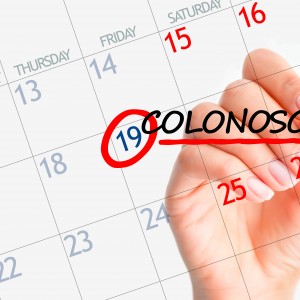In 2000, President Clinton announced that March would be officially designated as National Colon Cancer (CC) Awareness Month. Since this announcement was made, March has become a time where public health advocates, healthcare providers, survivors, patients, and others who are part of the CC community rally in activism to educate the public on the importance of CC screening and prevention.
CC is highly preventable if detected early through proper screening, but unfortunately due partly to the invasive screening procedure, it is second only to lung cancer in the amount of lives it claims annually.
the invasive screening procedure, it is second only to lung cancer in the amount of lives it claims annually.
In an effort to reduce the number of deaths that are attributable to CC, physicians at Penn State Hershey Medical Center, have been utilizing an approach called single-site laparoscopic (SSL) surgery since 2010 to treat patient’s disease. SSL surgery is a minimally invasive method that allows surgeons to remove cancerous tumors through a single skin incision as opposed to multiple incisions. Surgeons create a single incision placed in the belly button leaving the wound barely visible post-surgery. This approach allows for a quicker recovery time and less postoperative pain.
SSL surgery also has the advantage of reducing the need for a rectal pouch or colostomy for bowel movements, which greatly improves a patient’s quality of life post-surgery.
In a statement about what the SSL approach means for his patients, Dr. David B. Stewart, Sr. MD, a colorectal surgeon at Penn State Hershey, said “There are really very few hospitals where this technique is being routinely used. We are one of the highest volume single-site laparoscopic colorectal practices in the country. It’s nice when patients wake up and they can barely see the incision.”
Current advances in surgical approaches to CC treatment are of great importance to patients, but it is still better to not need surgery by following the recommendations for people 50 and older to undergo a screening colonoscopy.
Colonoscopies usually identify CC when it is in its earliest stages and has a better cure rate.
In a statement explaining the importance of getting screened, Dr. Stewart, said, “You may feel healthy, but that doesn’t mean you don’t have a polyp or even colorectal cancer. In the vast majority of cases, the person performing the colonoscopy can remove any polyps and thus prevent them from potentially developing into cancer. Sadly, and maybe surprisingly to the public, we have younger people who develop colorectal cancer, as well. Those who have symptoms such as rectal bleeding or changes in bowel habits need to undergo a diagnostic colonoscopy, regardless of their age.”


